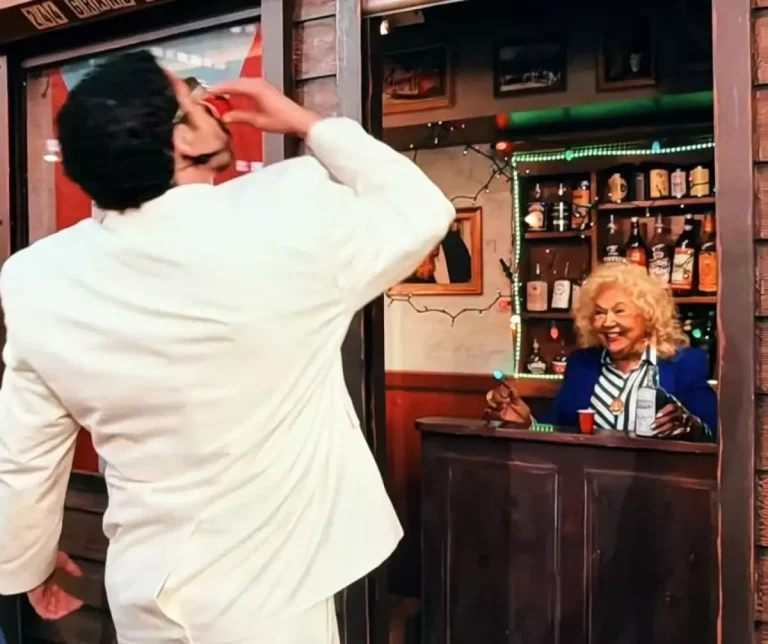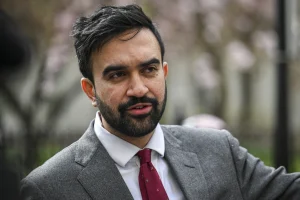The United States has lost one of its most influential and divisive political leaders of the modern era. At the age of 84, a former vice president who shaped American domestic and foreign policy during a critical time in its history has passed away, surrounded by family and loved ones. His death was confirmed in a statement by relatives, who described his final moments as peaceful and filled with the people who mattered most to him.
The statement explained that he died on the night of November 3, 2025, as a result of complications associated with pneumonia and long-standing cardiac and vascular health issues. This comes after a life heavily marked by service to the nation and decades spent in public office at the highest levels of government. His legacy includes not only his eight years as the 46th vice president of the United States but also earlier roles as White House Chief of Staff, U.S. Representative for Wyoming, and Secretary of Defense.
His family’s announcement portrayed him as not just a powerful political force, but also a devoted husband, father, and grandfather. “He taught his children and grandchildren to love our country,” the statement read, highlighting the values of courage, honor, love, kindness, and even fly fishing—small but meaningful details that painted a picture of the man behind the power. The family expressed their profound gratitude for everything he accomplished for the country and for the gift of having shared their lives with him.
Beyond the personal loss, the political world is now reflecting on his consequential and controversial time in office. Known for his strategic mind and steadfast political convictions, he played a defining role in some of the most significant moments of the early 21st century.
One of the pivotal moments in his career came on September 11, 2001. During the terrorist attacks that shocked the nation and reshaped global politics, he was thrust into a key position of authority while the sitting president was away from Washington, D.C. Photographs from that day show the vice president and the president in the President’s Emergency Operations Center, embodying the intense pressure and uncertainty of the time. He immediately assumed a leadership role, making decisions that would influence the direction of America’s response to the attacks.
These events led to the creation of the global “war on terror”—a set of policies and military interventions that became a cornerstone of his vice presidency. He was heavily involved in the U.S. invasion of Iraq in 2003, shaping strategy and arguing for Saddam Hussein’s removal based on claims of weapons of mass destruction—claims that were later discredited. This move would become one of the most debated and criticized decisions in U.S. foreign policy, sparking years of conflict and geopolitical instability.
For supporters, he was a figure of strength and resolve, someone who did not flinch in the face of global threats and who prioritized American security above all else. To critics, he was an embodiment of government overreach, responsible for controversial policies like enhanced interrogation techniques and the expansion of executive power.
Throughout his tenure and after, his political presence loomed large. He became known as a voice of unshakable conservatism, even as the Republican Party itself shifted in tone and direction. Yet, in the twilight of his political career, he made decisions that shocked many of his longtime allies.
In recent years, as American politics grew increasingly divided, he took a firm and vocal stance against the direction his own party began to take under the leadership of President Donald Trump. He described Trump as “a coward” and “the biggest threat the United States has ever faced,” citing Trump’s alleged attempts to overturn the results of an election through lies and violence. In a turn few could have imagined decades prior, he even crossed party lines to endorse the Democratic candidate, Kamala Harris, in the 2024 presidential election.
His later years were also a testament to his physical resilience. After suffering multiple heart attacks throughout his adult life, he received a heart transplant in 2012. He called the procedure “the gift of life itself,” and it allowed him to spend over a decade in relative peace, enjoying retirement and continuing to offer his views on national affairs through speeches, interviews, and occasional public appearances.
Born in Lincoln, Nebraska, in 1941, he grew up with a keen interest in politics and public service. He built his career with a combination of strategic insight, political connections, and a talent for operating within the halls of power, often behind the scenes. By the time he assumed the vice presidency in 2001, he was already a seasoned figure in Washington with decades of experience and a reputation for being both intelligent and uncompromising.
His legacy is one filled with triumphs and controversies, public achievements and private battles. His policies reshaped America’s role in the world, his approach to governance influenced future administrations, and his leadership style—often seen as forceful and efficient—left a clear mark on the executive branch.
Yet, the final years of his life also demonstrated a capacity for reflection and, in some ways, political evolution. Despite being a lifelong conservative, he stood against elements within his own party that he believed were dangerous to democracy. This contrarian position, particularly given his age and long history in Republican politics, added a complicated and intriguing dimension to his public persona.
Today, the nation mourns not just the passing of a former vice president, but the end of an era marked by his influence. His story serves as a window into the complexities of power, the devastation of war, the fragility of life, and the enduring nature of political conviction.
History will continue to debate his actions and place them under the microscope, particularly the decisions that led to war and the expansion of government authority in the name of security. But no matter how differently people may view his legacy, one thing is clear: his imprint on American politics is indelible.
His passing offers an opportunity to reflect on the profound impact of leadership, the weight of responsibility, and the multifaceted nature of those who hold high office. It also reminds us that behind every public figure is a family, a set of values, and a human story that transcends political headlines.
In the words of his family: “We are blessed beyond measure to have loved and been loved by this noble giant of a man.”

Emily Johnson is a critically acclaimed essayist and novelist known for her thought-provoking works centered on feminism, women’s rights, and modern relationships. Born and raised in Portland, Oregon, Emily grew up with a deep love of books, often spending her afternoons at her local library. She went on to study literature and gender studies at UCLA, where she became deeply involved in activism and began publishing essays in campus journals. Her debut essay collection, Voices Unbound, struck a chord with readers nationwide for its fearless exploration of gender dynamics, identity, and the challenges faced by women in contemporary society. Emily later transitioned into fiction, writing novels that balance compelling storytelling with social commentary. Her protagonists are often strong, multidimensional women navigating love, ambition, and the struggles of everyday life, making her a favorite among readers who crave authentic, relatable narratives. Critics praise her ability to merge personal intimacy with universal themes. Off the page, Emily is an advocate for women in publishing, leading workshops that encourage young female writers to embrace their voices. She lives in Seattle with her partner and two rescue cats, where she continues to write, teach, and inspire a new generation of storytellers.









